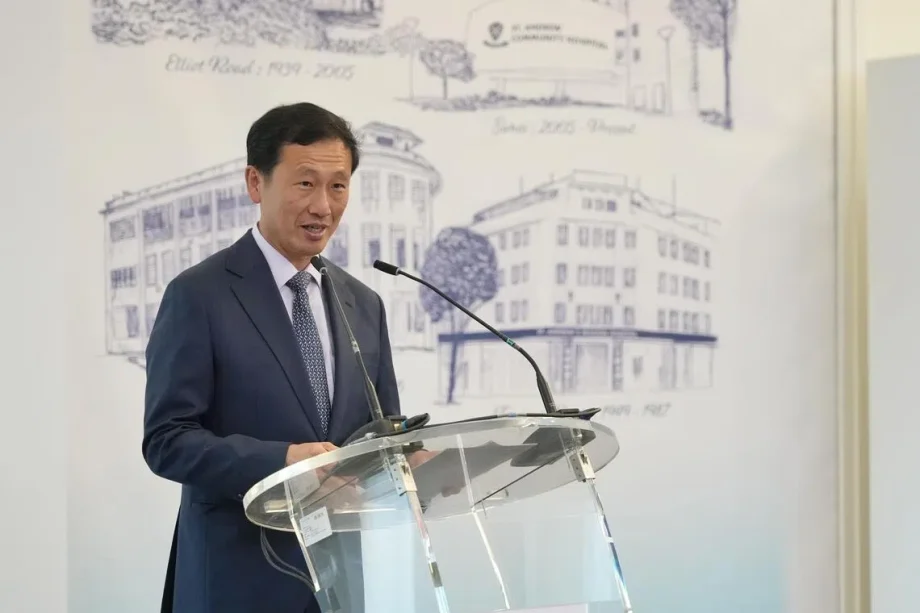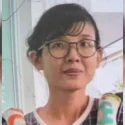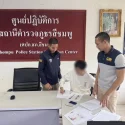SINGAPORE – As healthcare workers in community and social settings are required to support patients holistically and perform more than one dedicated role, all relevant training programmes for allied health professionals will have the same core modules in their first-year curricula.
This will happen from 2027, Health Minister Ong Ye Kung said on Nov 20.
Currently, allied health professionals (AHPs) such as radiographers, dietitians, physiotherapists and psychologists are trained in “strict verticals” with little scope for cross-disciplinary training and role-sharing.
However, this is not ideal as healthcare is increasingly delivered outside of the setting of acute hospitals, including in community hospitals, Mr Ong said.
The introduction of the shared core modules will also benefit students in such programmes by providing them with a stronger foundation and help them make better decisions on their specialities in their second year, he said.
“After graduation, with a stronger foundation, they are also in a better position to continue their learning, further deepening their speciality or acquiring new adjacent specialised AHP skills,” added Mr Ong, who is also Coordinating Minister for Social Policies.
He was speaking at the official opening of St Andrew’s Community Hospital (Bedok), located in Bedok South Avenue 1.
He described the changes as similar to how polytechnics reviewed their courses a decade ago, when courses that were narrower in scope were merged or phased out, with common polytechnic first-year curricula developed around broader disciplines such as engineering, information technology and business.
“Often, AHPs need to lead teams and work across disciplines to support patients holistically in the community,” Mr Ong said.
In line with this new approach, he noted that such professionals will be grouped into three domains.
The first domain is psychosocial and behavioural, which includes healthcare workers such as clinical counsellors, psychologists and medical social workers.






